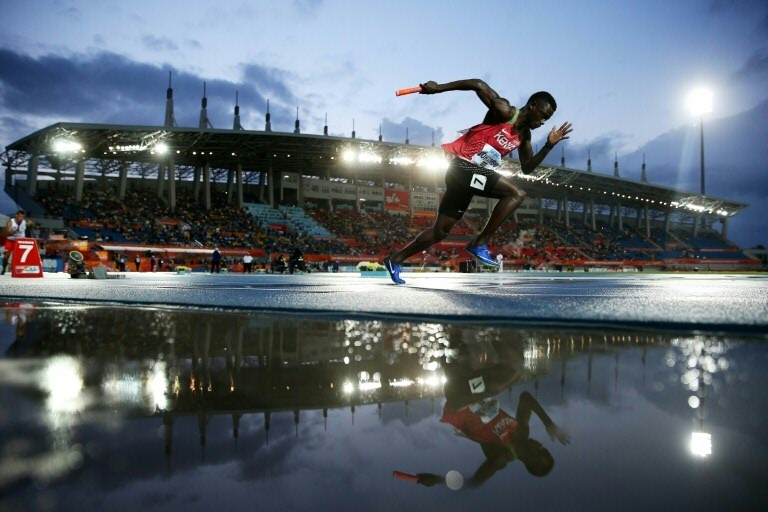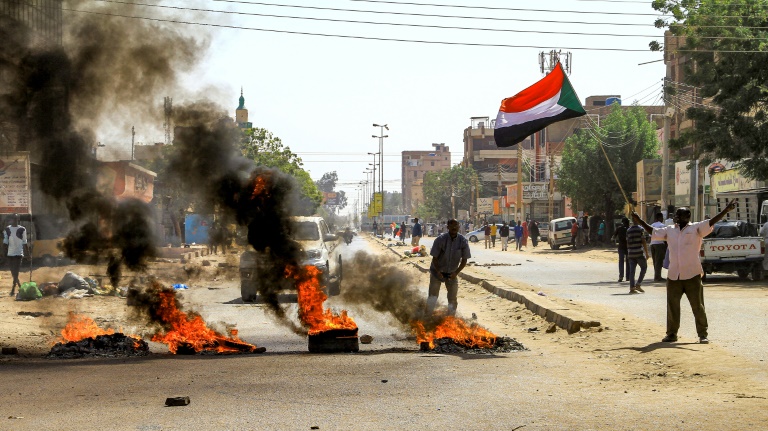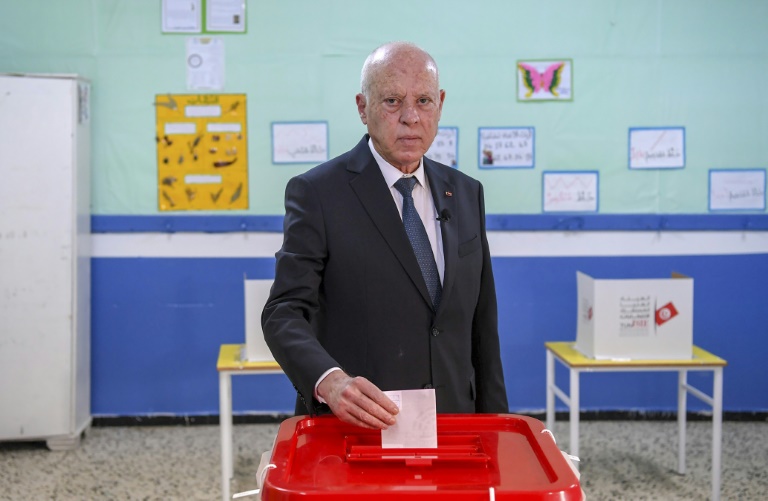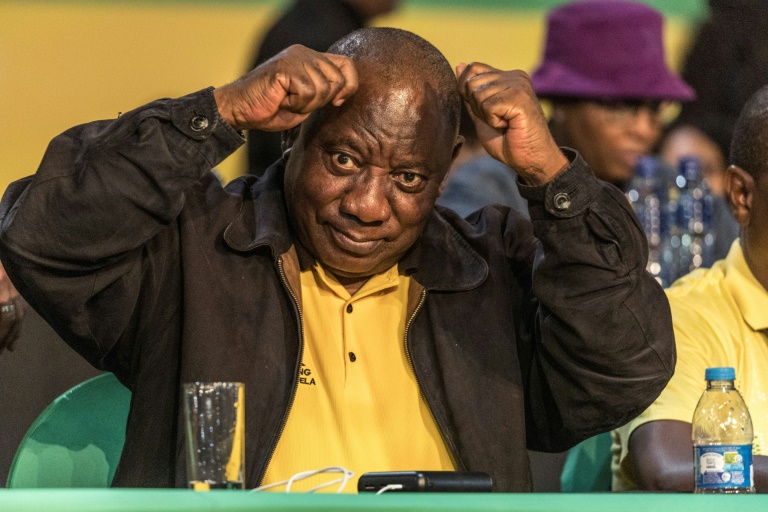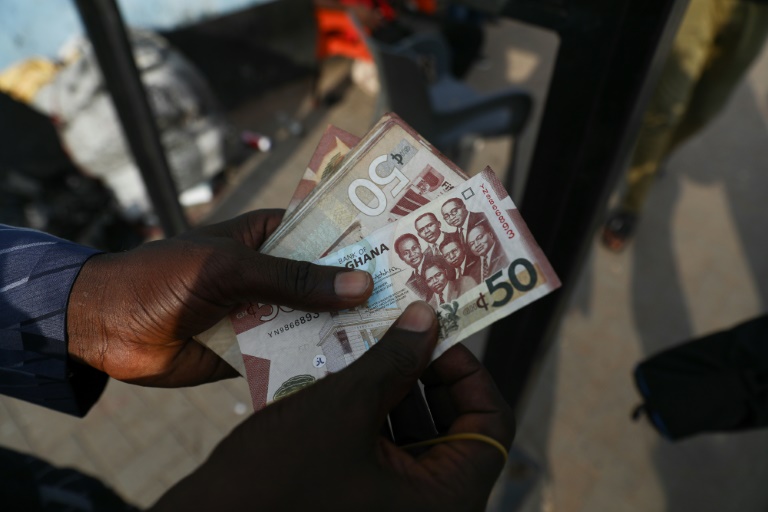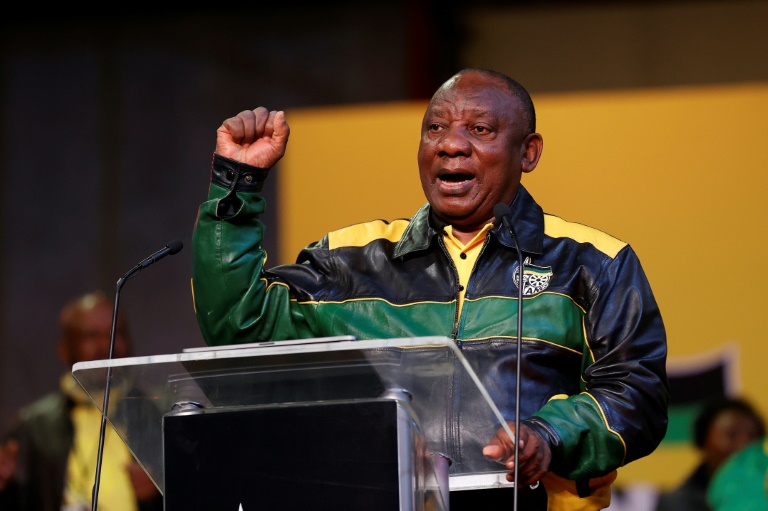South Africa’s ruling ANC party on Monday re-elected President Cyril Ramaphosa as its leader for a second five-year term, despite a brewing scandal over a huge cash theft at his farm.
Ramaphosa garnered 2,476 votes for the post of party president against 1,897 for former health minister Zweli Mkhize, the African National Congress’ elections chief, Kgalema Motlanthe, announced.
“It’s a good outcome not only for the governing party… it’s a good outcome for the country,” Ramaphosa’s spokesman Vincent Magwenya told reporters.
“The president is quite energised,” he added.
Ramaphosa’s comfortable victory opens the way for him to a second term as South African president if the ANC win the next general elections, due in 2024.
Under the constitution, the head of state is chosen by parliament.
More than 4,300 delegates, gathered at a conference near Johannesburg, cast their ballots on Sunday to appoint top officials, including party president, deputy president, chair and secretary general,
The party’s former treasurer, Paul Mashatile, emerged as deputy president.
Most of the delegates erupted in celebration, standing on chairs, chanting and clapping hands when the results were announced.
Ramaphosa’s opponent Mkhize, walked up to the stage and took off his cap to congratulate Ramaphosa. The pair hugged and shook hands.
– Burglary scandal –
Ramaphosa, 70, won the contest despite being mired in accusations that he concealed the burglary of a huge amount of cash at his upmarket cattle farm.
As the nation’s vice president, he ascended to the ANC’s top job in December 2017 as his boss Jacob Zuma battled a mounting corruption scandal.
The following February, Zuma was forced out by the ANC.
Ramaphosa took office vowing to weed out endemic corruption and renew the party.
But his clean-hands image has been dented by the burglary scandal.
He won a reprieve ahead of the conference when the ANC used its majority in parliament to block a possible impeachment inquiry. But a police investigation is still ongoing.
The scandal is likely to accelerate a decline in support for the party ahead of the next elections and could still cost Ramaphosa the presidency, said Aleix Montana, Africa analyst at risk intelligence firm Verisk Maplecroft.
“A second term for Ramaphosa is not set in stone,” he said.
Sipho Mthembu, 41, chairman of an ANC branch in Gauteng, South Africa’s most populous province, told AFP he was “very disappointed” by the election outcome.
“We all know that under Ramaphosa a lot of wrong things have happened and the image of the ANC has been compromised,” said Mthembu.
Ramaphosa’s rival Mkhize, 66, is also facing graft allegations that he denies.
– ANC crisis –
The ANC has a storied history, renowned throughout the world for its decades-long struggle, led by Nelson Mandela, against apartheid.
It has governed the country since the advent of democracy in 1994.
But it has been battered by graft, cronyism, internal rifts and a moribund economy.
An organisational report presented at the conference showed that party membership had dropped by a third over the past five years.
The rand strengthened slightly against the dollar after Ramaphosa’s victory was announced.
His success provides “a semblance of stability and continuity” favoured by investor, said political analyst Pearl Mncube.
Yet, his long-running plans to overhaul the ANC are likely to meet resistance among the party’s newly-elected leaders, commentators said.
He “has regained the presidency of the ANC but it may be a Pyrrhic victory, because the top seven is even more unfriendly to him,” Richard Calland, a law professor and political analyst, told AFP.
“He will need to be bolder and show greater courage.”
But an “ecstatic” Home Affairs Minister Aaron Motsoaledi, told AFP “that is the best team the ANC can ever have”.
Three women, including new national treasurer Gwen Ramokgopa, were elected to top roles, the largest number ever.
“That is progress,” said ANC spokesman Pule Mabe.

